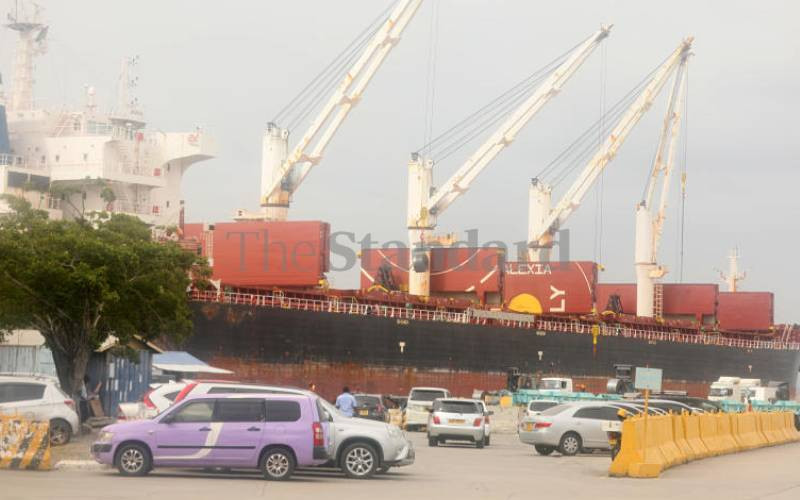×
The Standard e-Paper
Home To Bold Columnists

Kenya Maritime Authority (KMA) has set its focus on enabling local players in the maritime industry to tap more revenue that currently goes to multinational firms.
KMA board chairman Hamisi Mwaguya said the agency now aims to lay down plans that will help local logistics firms draw more money from cargo owners who pay freight rates.